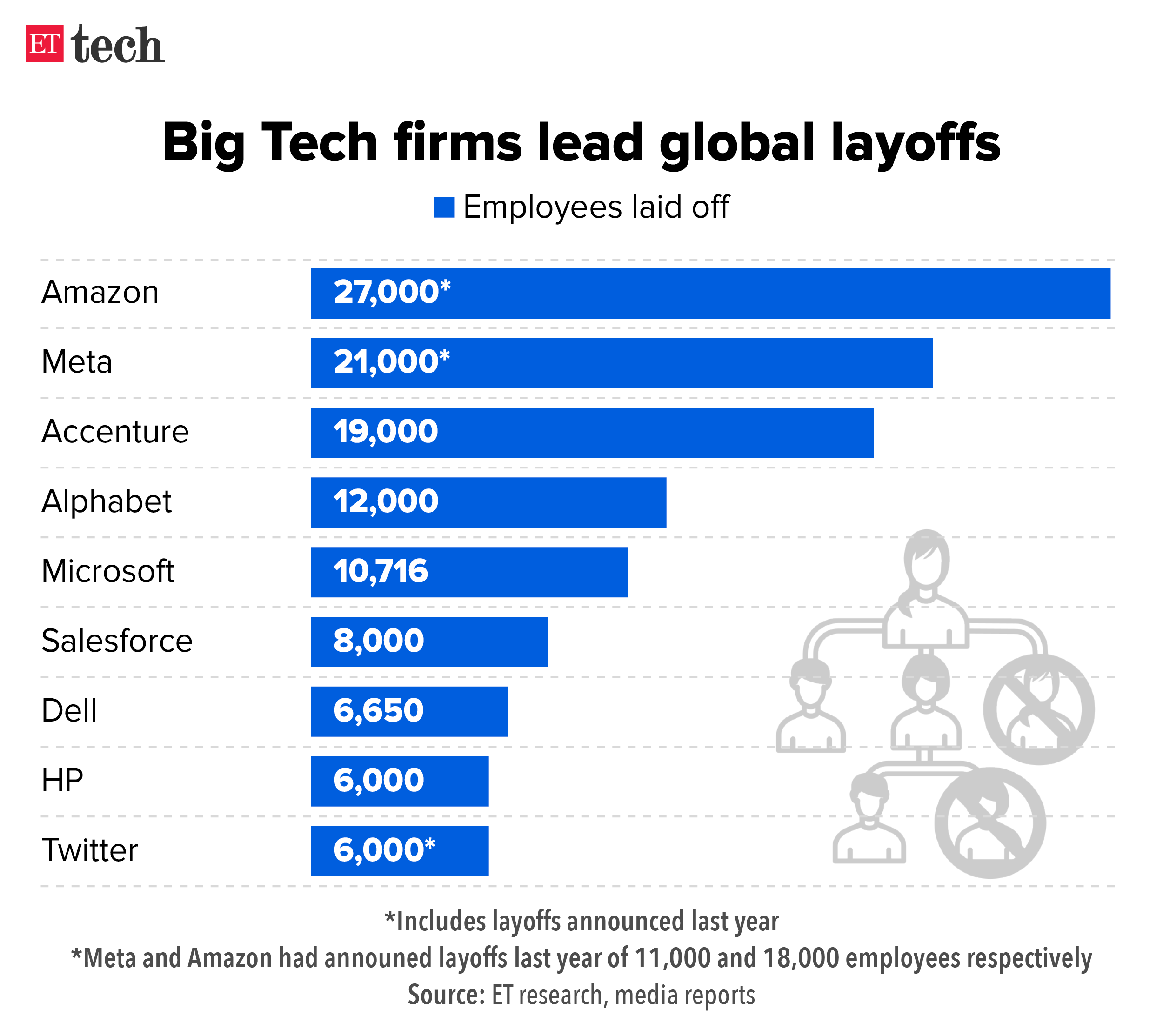Middle Management: A Vital Link In The Chain Of Success

Table of Contents
The Bridge Between Leadership and Employees
Middle managers act as a vital communication conduit, translating the strategic visions of upper management into actionable tasks for their teams. Equally crucial, they relay feedback and insights from the frontline, ensuring that leadership decisions are grounded in reality.
Facilitating Communication and Collaboration
Effective communication is the cornerstone of successful middle management. It involves more than just delivering directives; it's about fostering a two-way dialogue and creating a collaborative environment.
- Regular team meetings: These provide a forum for updates, discussions, and problem-solving.
- Open-door policies: Encourage open communication and allow employees to voice concerns or suggestions.
- Clear and concise instructions: Ensure everyone understands their roles and responsibilities, minimizing confusion and misunderstandings.
Beyond communication, middle managers are key to building strong teams. This includes:
- Fostering teamwork: Creating a positive and collaborative work environment where employees feel valued and supported.
- Resolving conflicts: Mediating disputes and finding solutions that benefit the team and the organization.
- Building morale: Recognizing accomplishments, providing encouragement, and creating a sense of camaraderie.
Mentorship and Development
Middle managers are not just supervisors; they are mentors and developers of talent. Investing in their team's growth is crucial for long-term success.
- Providing regular feedback: Offering constructive criticism and praise to help employees improve their performance.
- Offering challenging assignments: Giving employees opportunities to develop new skills and take on more responsibility.
- Promoting employee skill development: Providing access to training, workshops, and other resources to enhance their capabilities.
Effective mentorship translates directly into improved performance and higher employee retention rates. A well-trained and motivated team is a productive team, driving success for the entire organization.
Driving Operational Efficiency and Productivity
Middle managers are directly responsible for ensuring the smooth and efficient operation of their teams. This involves strategic resource allocation and meticulous performance monitoring.
Resource Allocation and Management
Effective resource management is a core competency for middle managers. They must make strategic decisions regarding the allocation of budgets, personnel, and other resources to optimize productivity.
- Budgeting: Creating and managing budgets to ensure that projects are completed on time and within budget.
- Scheduling: Developing and implementing schedules to ensure that tasks are completed efficiently and effectively.
- Prioritization: Determining the order of tasks based on urgency and importance.
Efficient resource management leads directly to cost savings and improved productivity, contributing to the bottom line.
Performance Monitoring and Improvement
Middle managers are responsible for tracking key performance indicators (KPIs) and identifying areas for improvement within their teams.
- Key Performance Indicators (KPIs): Using metrics such as productivity levels, error rates, and customer satisfaction scores to measure team performance.
- Strategies for identifying and addressing performance gaps: Implementing corrective actions, providing additional training, or adjusting workflows to address performance shortfalls. This could include performance reviews, one-on-one meetings, and utilizing performance management software.
Fostering Innovation and Adaptability
In today's rapidly evolving business landscape, the ability to innovate and adapt is essential for survival. Middle managers play a critical role in fostering this culture.
Championing New Ideas and Initiatives
Middle managers should actively encourage innovative thinking and create an environment where new ideas can flourish.
- Brainstorming sessions: Providing a forum for employees to share ideas and collaborate on new projects.
- Idea contests: Rewarding employees for innovative ideas and solutions.
- Open communication: Creating a culture where employees feel comfortable sharing their ideas and feedback, regardless of seniority.
Adaptability is equally important. Middle managers must be able to respond quickly and effectively to market changes and organizational challenges.
Driving Change Management
Implementing organizational changes effectively requires strong leadership from middle managers. They are often on the frontlines, addressing employee concerns and ensuring a smooth transition.
- Clear communication: Keeping employees informed about upcoming changes and answering their questions.
- Employee involvement: Involving employees in the change process to foster buy-in and ownership.
- Training: Providing employees with the training they need to adapt to the changes.
Building trust and addressing employee anxieties is crucial for successful change management. Open communication and a commitment to employee well-being are essential during periods of transition.
Conclusion
Effective middle management is the linchpin of organizational success. They act as a bridge between leadership and employees, driving operational efficiency, fostering innovation, and ensuring smooth change management. By investing in the development and support of your middle management team, you are investing in the future of your organization. Strengthening your middle management is key to your organization’s future. Invest in your middle management team for greater success – it’s a strategy that pays dividends.

Featured Posts
-
 Warriors Rockets Game 4 Nba Fan Reaction To Jimmy Butlers Injury Status
May 15, 2025
Warriors Rockets Game 4 Nba Fan Reaction To Jimmy Butlers Injury Status
May 15, 2025 -
 San Diego Padres Historic Mlb Win Unrivaled Since 1889
May 15, 2025
San Diego Padres Historic Mlb Win Unrivaled Since 1889
May 15, 2025 -
 Major Microsoft Layoffs Impact And Analysis
May 15, 2025
Major Microsoft Layoffs Impact And Analysis
May 15, 2025 -
 Kaysima Pliris Katalogos Me Times Kai Topothesies Pratirion
May 15, 2025
Kaysima Pliris Katalogos Me Times Kai Topothesies Pratirion
May 15, 2025 -
 Forced Discharge A Trans Master Sergeants Story Of Grief And Injustice
May 15, 2025
Forced Discharge A Trans Master Sergeants Story Of Grief And Injustice
May 15, 2025
Latest Posts
-
 After Chandler Fight Is A Ufc Title Next For Paddy Pimblett
May 15, 2025
After Chandler Fight Is A Ufc Title Next For Paddy Pimblett
May 15, 2025 -
 Can Paddy Pimblett Win The Ufc Title A Legends Prediction
May 15, 2025
Can Paddy Pimblett Win The Ufc Title A Legends Prediction
May 15, 2025 -
 Pimbletts Post Chandler Future A Ufc Title Shot On The Horizon
May 15, 2025
Pimbletts Post Chandler Future A Ufc Title Shot On The Horizon
May 15, 2025 -
 Mlb History Rewritten Padres Accomplish Unheard Of Feat
May 15, 2025
Mlb History Rewritten Padres Accomplish Unheard Of Feat
May 15, 2025 -
 From Written Off To Title Contender Paddy Pimbletts Rise
May 15, 2025
From Written Off To Title Contender Paddy Pimbletts Rise
May 15, 2025
